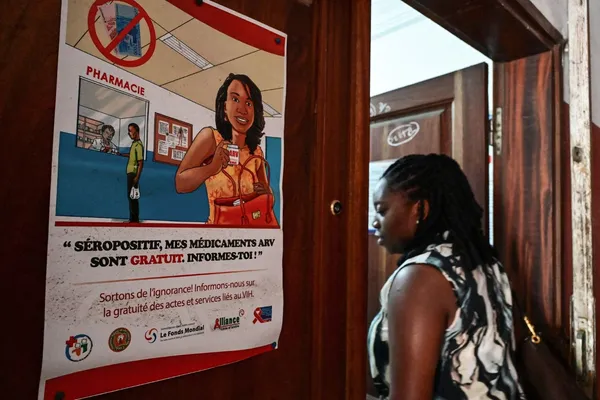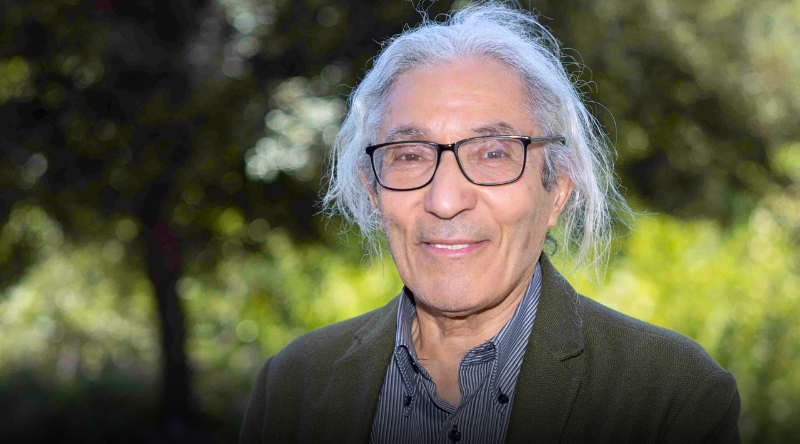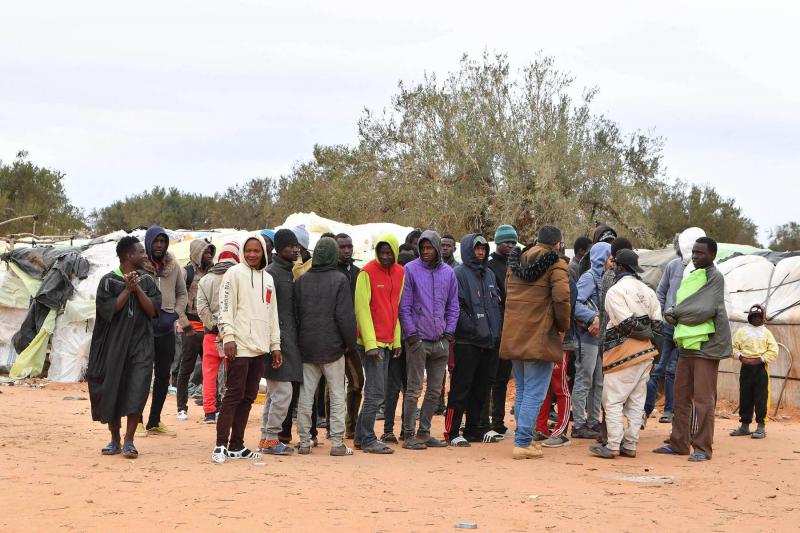Following the abrupt termination of USAID funding earlier this year, Ethiopia’s largest community-led conservation initiative, the Tama Community Conservation Area (TCCA), is working to become financially self-sufficient in order to continue protecting wildlife and natural resources.
Launched in 2022 under the U.S.-funded Biodiversity and Community Resilience in the Omo Valley (BIOM) project, TCCA received $8.5 million from USAID to support conservation across 197,000 hectares in the Southern Nations, Nationalities, and Peoples’ Region (SNNPR). The initiative significantly reduced illegal hunting and deforestation while increasing populations of elephants and giraffes. It also gave several Indigenous communities legal rights to manage their ancestral lands.
The unexpected withdrawal of funding in January disrupted operations. Local scouts and staff were suspended, and reports of renewed illegal activities emerged. Rumors of potential land grabs have also raised fears among community members.
In response, local nonprofit Cool Ground stepped in to temporarily support operations using its own resources. The organization has helped recall 20 scouts and half the suspended staff to resume key activities. Funding from Cool Ground is expected to sustain operations through September.
“We saw increasing threats to natural resources and knew we had to act quickly,” said Barkede Kulumedere, a project manager at Cool Ground. “Our role now is to help the community become self-reliant and maintain the momentum of conservation efforts.”
A community-led governing body has been established to guide TCCA activities. Representatives from each kebele, the smallest administrative unit in Ethiopia, have been elected to the council, which is responsible for making key decisions about conservation and income-generating projects.
According to council members, plans are underway to generate revenue through ecotourism, game hunting, and cultural heritage initiatives. Community representatives say the income will be used to improve local infrastructure, including health clinics, schools, and water facilities.
“We have already set up our office and strengthened the system,” said Alawara Kolbala, a community member. “But we still need technical support, vehicles, equipment, and training, to make the office fully operational.”
Officials and experts agree that while the TCCA has potential for sustainability, external support remains essential. Meseret Admasu, a former chief warden and member of the BIOM project, said the TCCA’s progress is at risk without funding to implement council decisions.
“The council exists, but it cannot operate effectively without an office, staff, and budget,” Admasu said. “We need transitional support to bridge the gap.”
Regional authorities say they are working with partners to identify long-term funding and plan to include TCCA in the upcoming budget. The regional culture and tourism bureau has also expressed readiness to provide salaries for office workers and assist with the construction of a permanent office.
While some donors see community-based conservation as a long-term solution, experts warn that the TCCA faces major challenges. These include poverty, food insecurity, climate change, and limited infrastructure.
Lakew Birhanu, a conservation biologist involved in establishing TCCA, said local ownership is critical but emphasized that international support must focus on building capacity.
“Donor funds are becoming unreliable, but abandoning projects midstream undermines years of progress,” he said. “Communities can manage conservation, but they need tools, training, and resources to succeed.”
Despite the uncertainty, community leaders say they remain committed to managing the land and protecting its biodiversity. However, they stress that without coordinated support, the gains made over the last two years could be lost.
Edited by AfrikanTrust Admin
News source: newsmongabay.com




